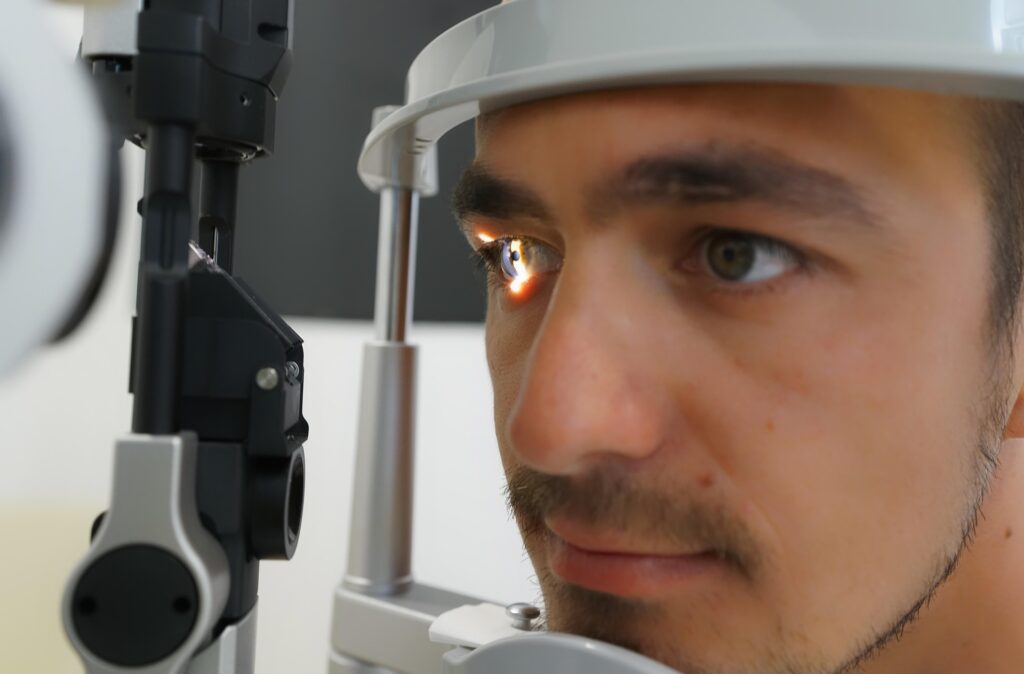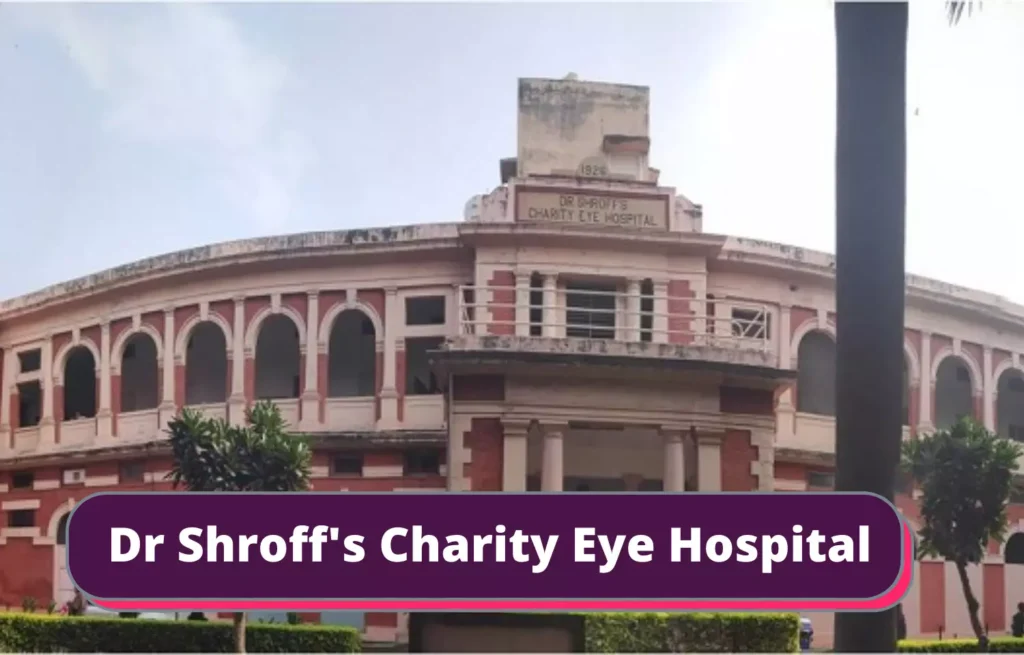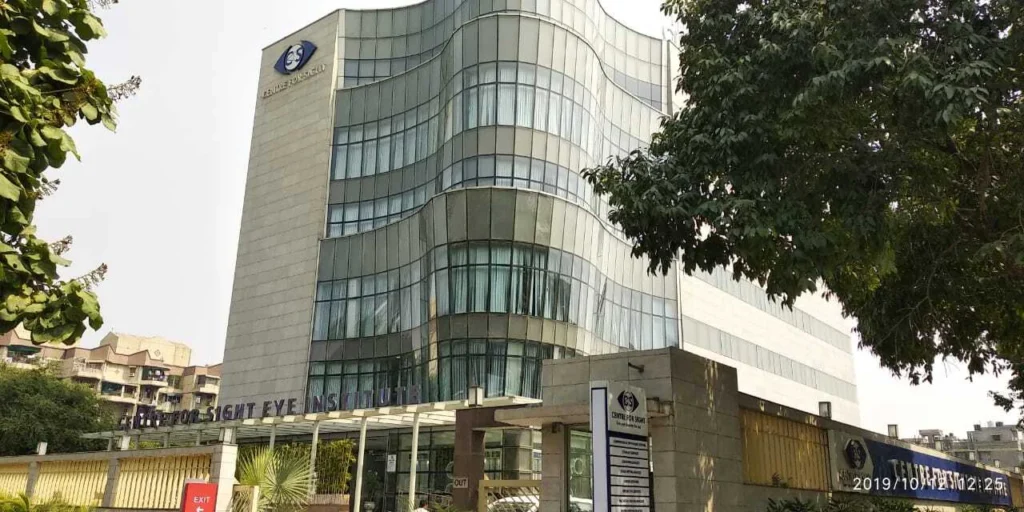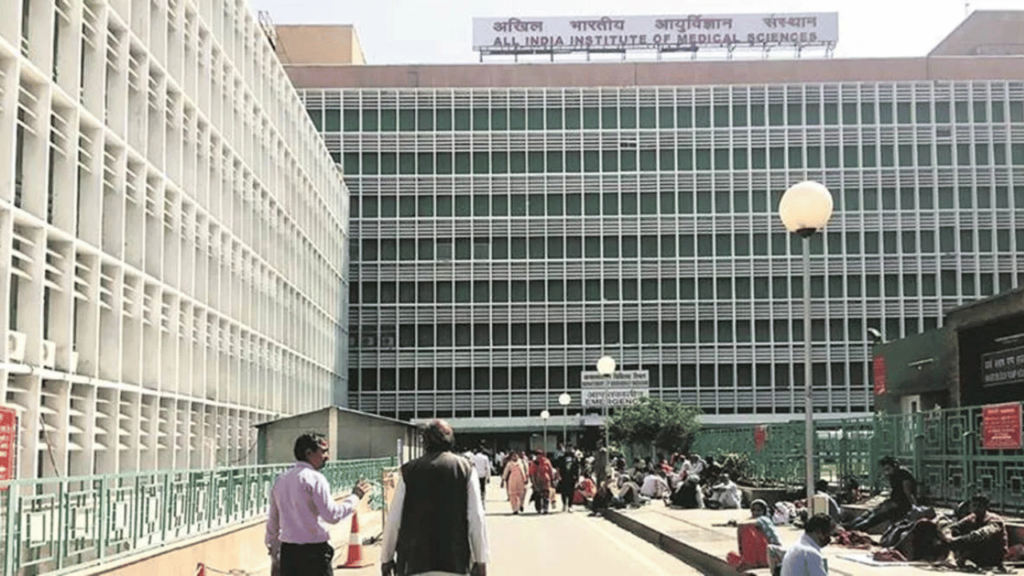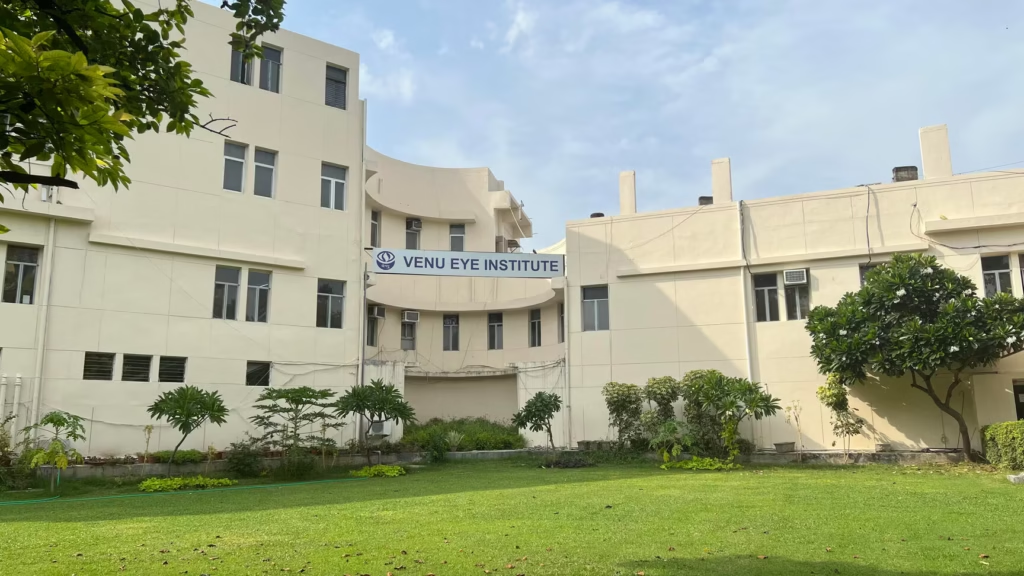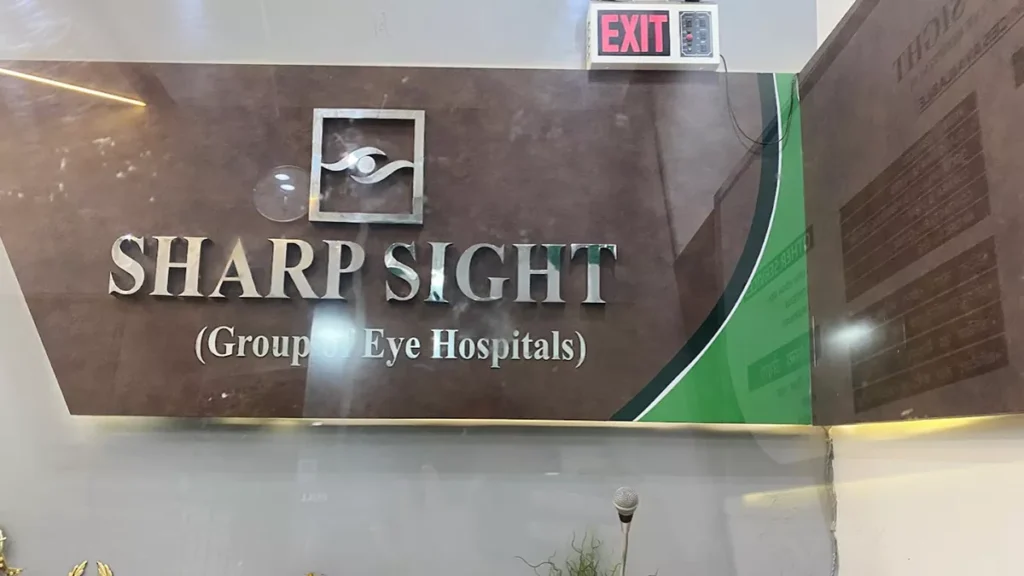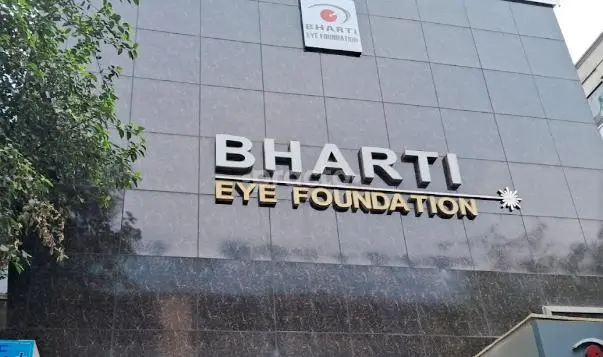
Spring is a great time to enjoy nature, longer days, and outdoor activities. However, it can also bring some common eye problems like allergies, dryness, and sun exposure. Here are some simple and effective ways to take care of your eyes during the spring months:
1. Take Control of Allergies
Pollen in the air during spring can cause itchy, watery, and red eyes.
- Use over-the-counter allergy eye drops to relieve irritation.
- Avoid rubbing your eyes, as it can make symptoms worse.
- Try to stay indoors when pollen levels are high, especially in the morning.
- Wear sunglasses when you go outside to help block pollen from reaching your eyes.
2. Protect Your Eyes from the Sun
The sun’s rays get stronger in spring, which can harm your eyes if you’re not careful.
- Always wear sunglasses that block 100% of UVA and UVB rays.
- A wide-brimmed hat can also help protect your eyes by adding extra shade.
3. Keep Your Eyes Moist
Windy weather and more time outside can dry out your eyes.
- Drink plenty of water to stay hydrated.
- Use lubricating eye drops if your eyes feel dry or irritated.
- When using screens, follow the 20-20-20 rule: every 20 minutes, look at something 20 feet away for 20 seconds.
4. Practice Good Hygiene
Allergens like pollen can stick to your skin, hair, and clothes.
- Wash your hands and face after being outside.
- Remove makeup properly before going to bed.
- Change your pillowcase and towel regularly to avoid allergen buildup.
5. Eat Foods That Support Eye Health
What you eat plays an important role in keeping your eyes healthy.
- Include foods rich in vitamin A (like carrots and sweet potatoes), vitamin C (such as oranges and bell peppers), and omega-3 fatty acids (like salmon and flaxseeds).
- Leafy greens like spinach and kale are also great for protecting your eyes.
6. Stay Away from Eye Irritants
Certain things can easily irritate your eyes in spring.
- Avoid smoke, strong perfumes, and harsh cleaning chemicals.
- If you go swimming, wear goggles to protect your eyes from chlorine and bacteria.
7. Get a Regular Eye Checkup
Spring is a good time to schedule an eye exam, especially if you have allergies or wear contact lenses.
- A professional eye check can help catch any problems early and keep your vision in top shape.
Final Tip:
Taking small steps to care for your eyes in spring can make a big difference. By staying prepared and being mindful of your surroundings, you can enjoy the season without discomfort.
